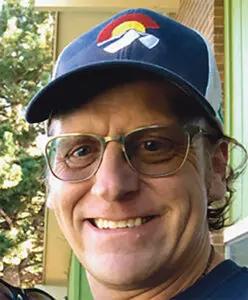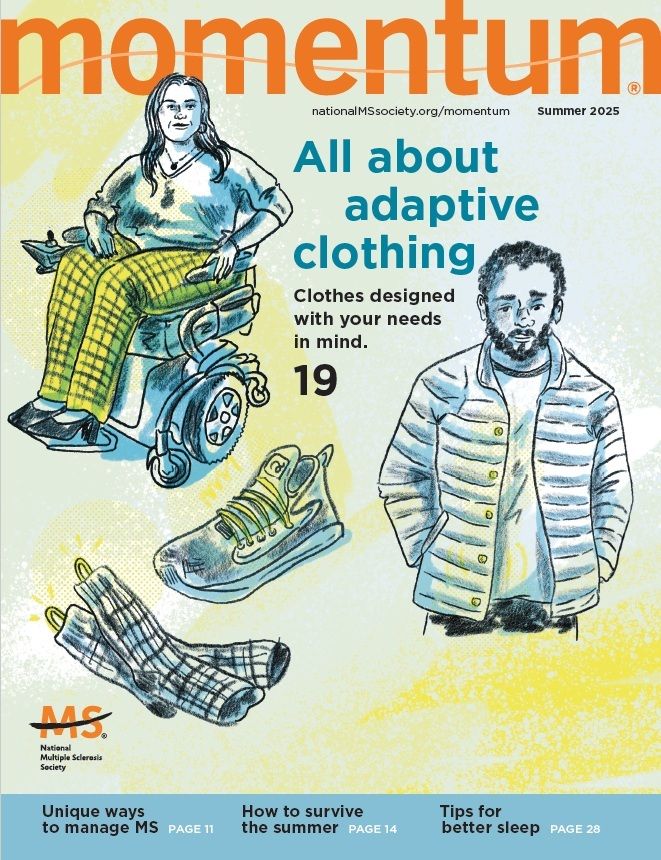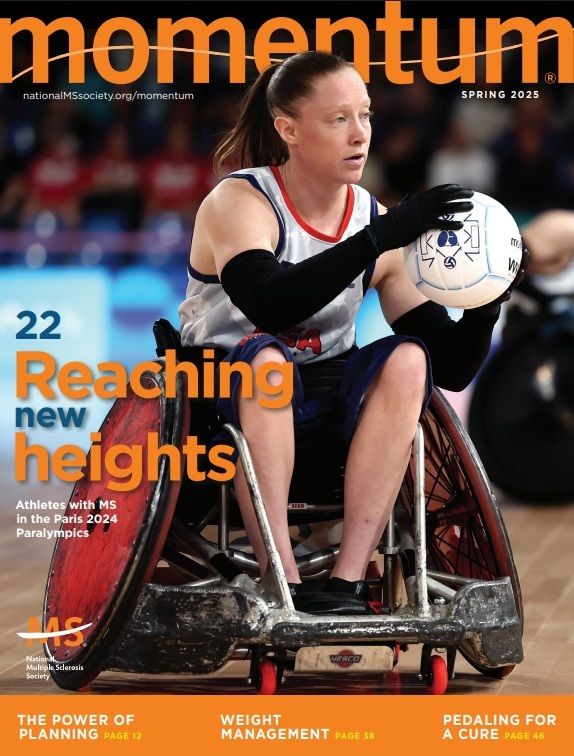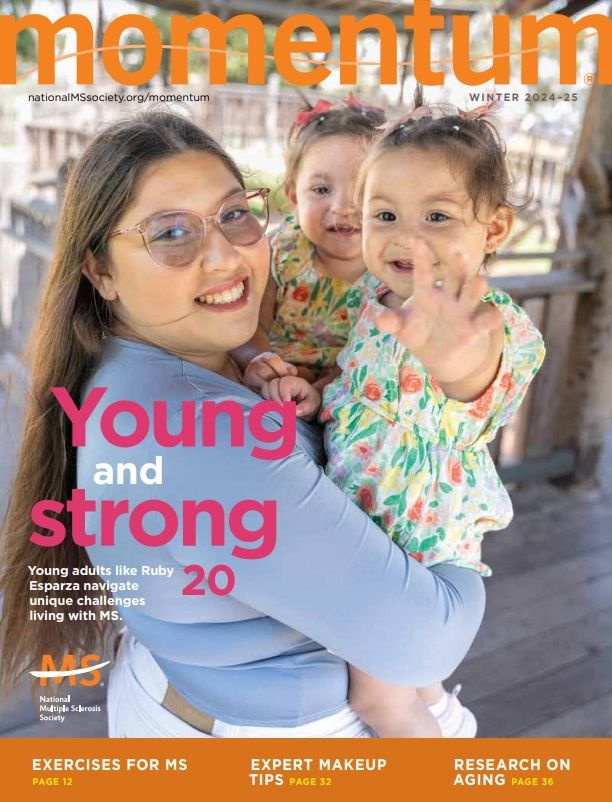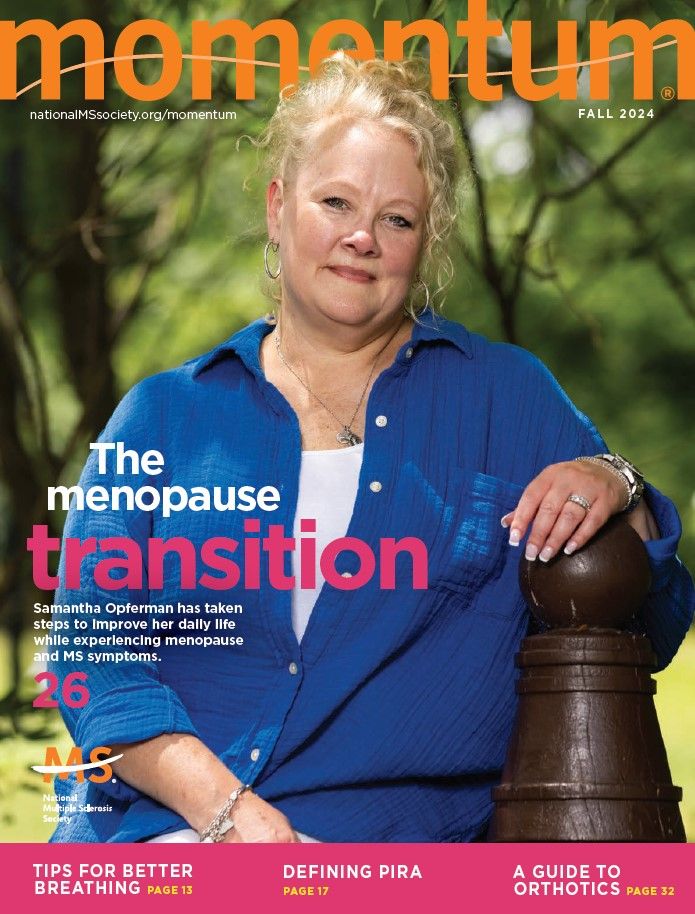White: For eight to 10 years before her MS diagnosis in February 2019, she suffered from chest tightness, numbness in her legs for weeks at a time, paralysis in her face and optic neuritis.“Over and over, I was told that the reason I was having all of these issues was that I was obese.”Another reason was that she is Black. “No one ever talked to me about MS being a possibility, not even the neurosurgeon. I was never tested for it, and it was never considered. So, when I got diagnosed with MS, I had no reference or preparation, and I thought my life was over. I went into a severe depression. I had no clue about MS, and I didn’t want to fight. I felt that if God gave it to me, then this is what I’m supposed to have.”As an elementary school principal, White is dedicated to serving others. “I had nurtured a life where people depended on me for support, and I was very concerned about being less-abled because of my MS. I thought: ‘How can I serve people if I can’t even serve myself?’”It took White five months to admit to her doctor that she was depressed and to begin medications for depression. But it wasn’t until she had a relapse in October 2019 that sent her to the hospital for 15 days that she addressed her other thoughts and feelings. “I finally understood that I was heartbroken and that I needed to mourn the life I had lost.”In rehab after her hospital stay, White began physical, psychological, occupation, vocational and speech therapy. “I had thought, ‘I don’t need to go to therapy. I’m not that sick.’ But all those forms of therapy changed my life. It got me to realize I can manage this disease, that I have some control over this thing.”Jovine: For people who aren’t used to self-reflection, “take note of the natural resources in your life: family, a dear friend, a good neighbor, a pet, a beautiful garden, a houseplant, a great song or painting, a book that really speaks to you.”Yoga and Pilates are good self-reflective options for people who prefer more active pursuits. She also recommends journaling, including writing down your symptoms throughout the day. “Then you can look back and see patterns. It creates a grounding experience, helps you feel more empowered and gives a little bit of predictability.”


